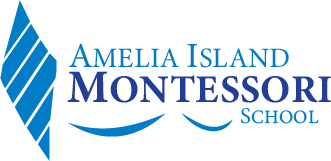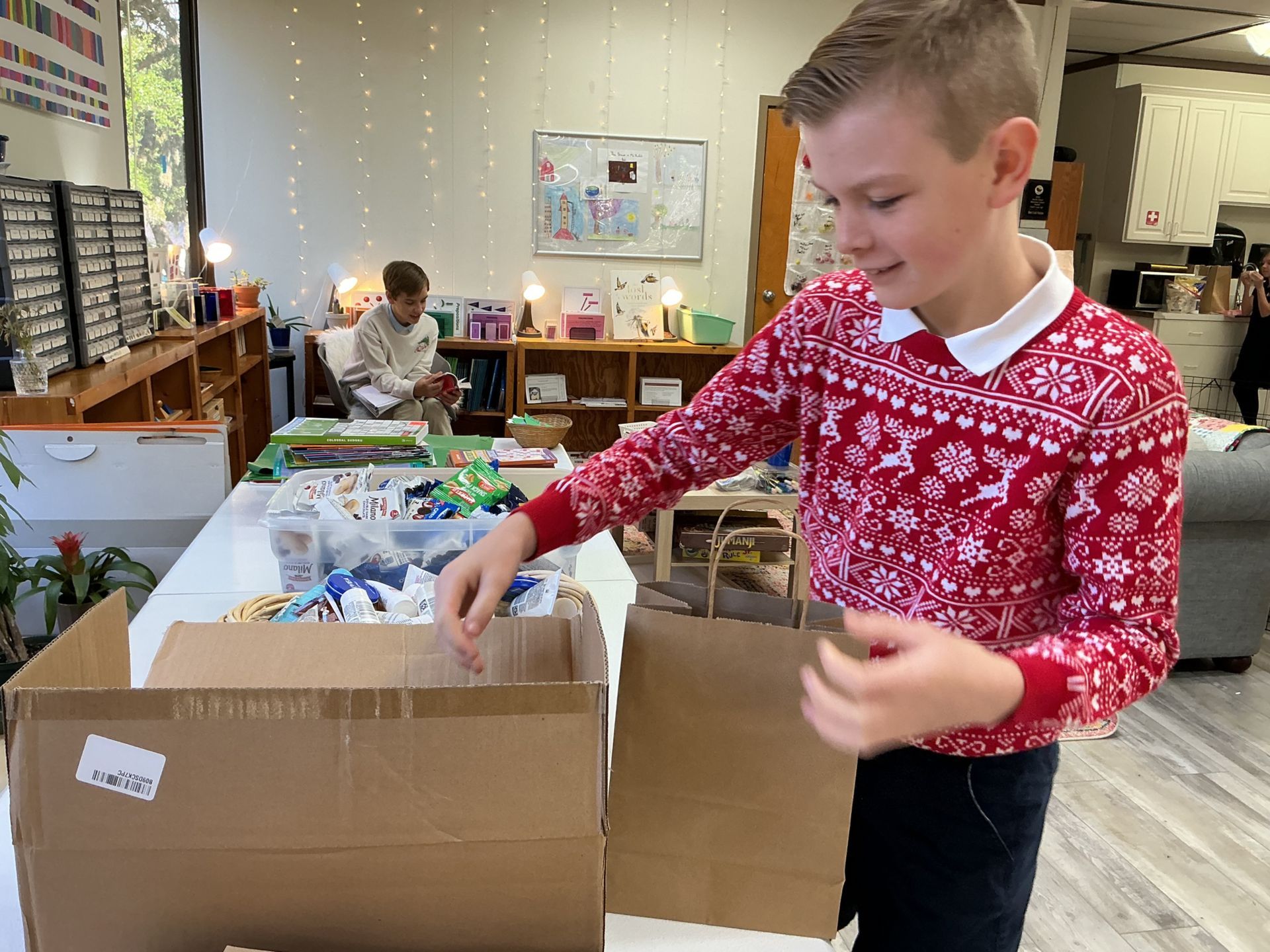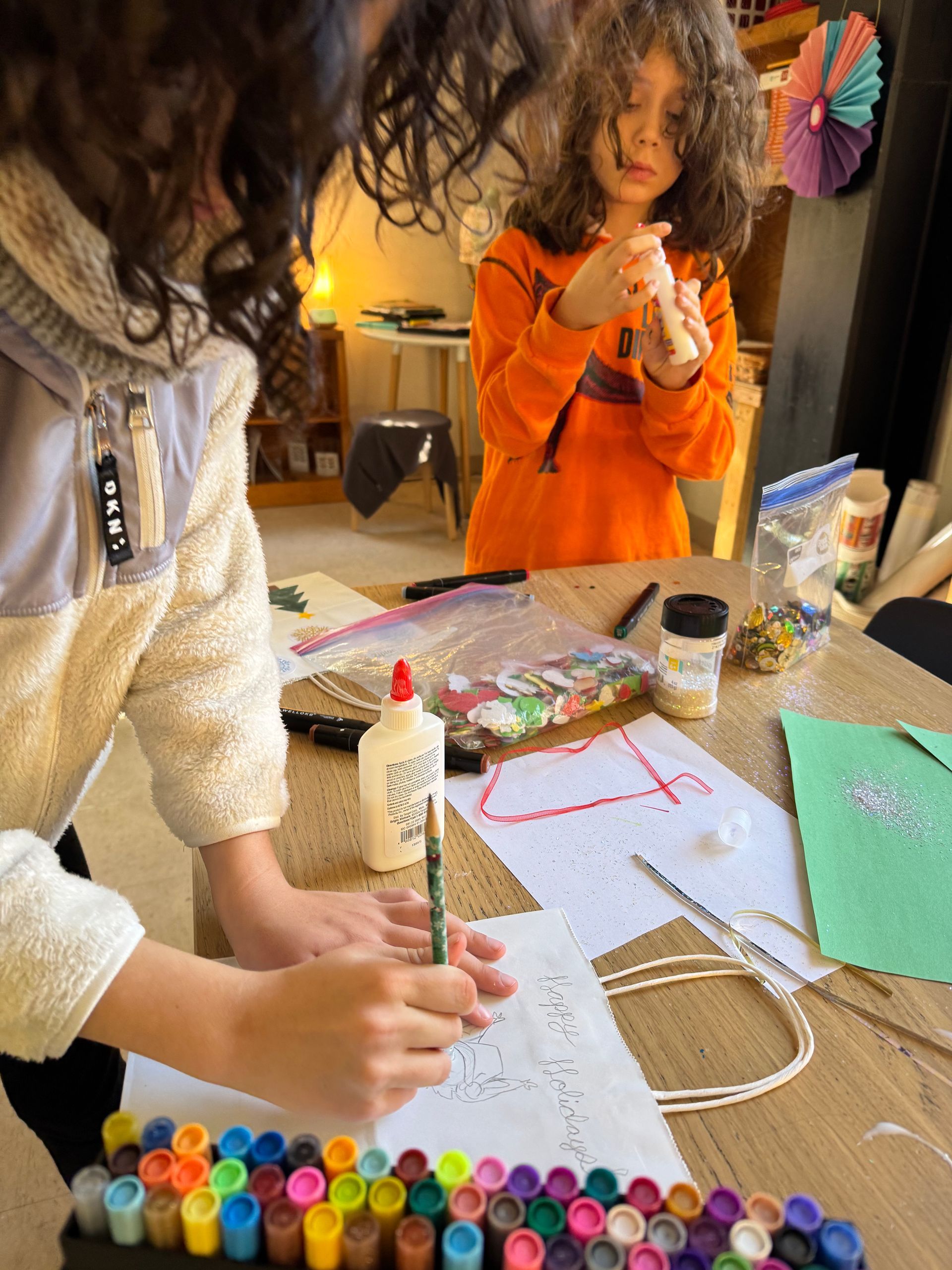
Teaching Conflict Resolution with the Montessori Peace Rose in Early Childhood
As we recently celebrated International Peace Day, our students engaged in meaningful discussions about what peace truly means to each of us. We explored how it feels to experience peace and the ways we can resolve conflicts peacefully. In our Montessori environment, we have a special tool that embodies these principles: the Peace Rose.
The Peace Rose is a simple yet powerful symbol of communication and understanding. When a conflict arises, students can use the Peace Rose to guide their conversations. Here’s how it works:
- Taking Turns: The child holding the Peace Rose has the opportunity to express their feelings and thoughts without interruption, fostering active listening and respect.
- Sharing Feelings: Children learn to articulate their emotions, helping everyone involved understand different perspectives.
- Finding Solutions: After sharing, the children collaboratively think of ways to resolve the issue, promoting problem-solving skills and cooperation.
When playing on the playground during recess and we are dealing with large conflicts, we get creative and grab a nearby object and use it as our “Peace Rose.” The object serves as a point of focus for respectful dialogue and helping everyone who is involved feel heard.
The Peace Rose serves not only as a tool for conflict resolution but also as a reminder that peace begins within each of us. By practicing empathy, understanding, and open communication, we are cultivating a peaceful classroom community.
Bringing the Peace Rose Home
We encourage our AIMS families to incorporate the principles of the Peace Rose at home! Consider creating your own version of the Peace Rose by designating a special object—such as an artificial rose, a unique rock, a shell or a simple stick—that can be used during discussions about feelings and conflicts.
To learn more about this wonderful concept, I recommend the book The Peace Rose by Barbara K. G. Weller. This book beautifully illustrates the principles of peace and can be a great resource for families looking to foster a peaceful atmosphere at home.
As Dr. Maria Montessori once said, “Education is the best weapon for peace.” -Thank you, AIMS families, for supporting our journey towards peace!
By Ms. Lina, Primary Educator


